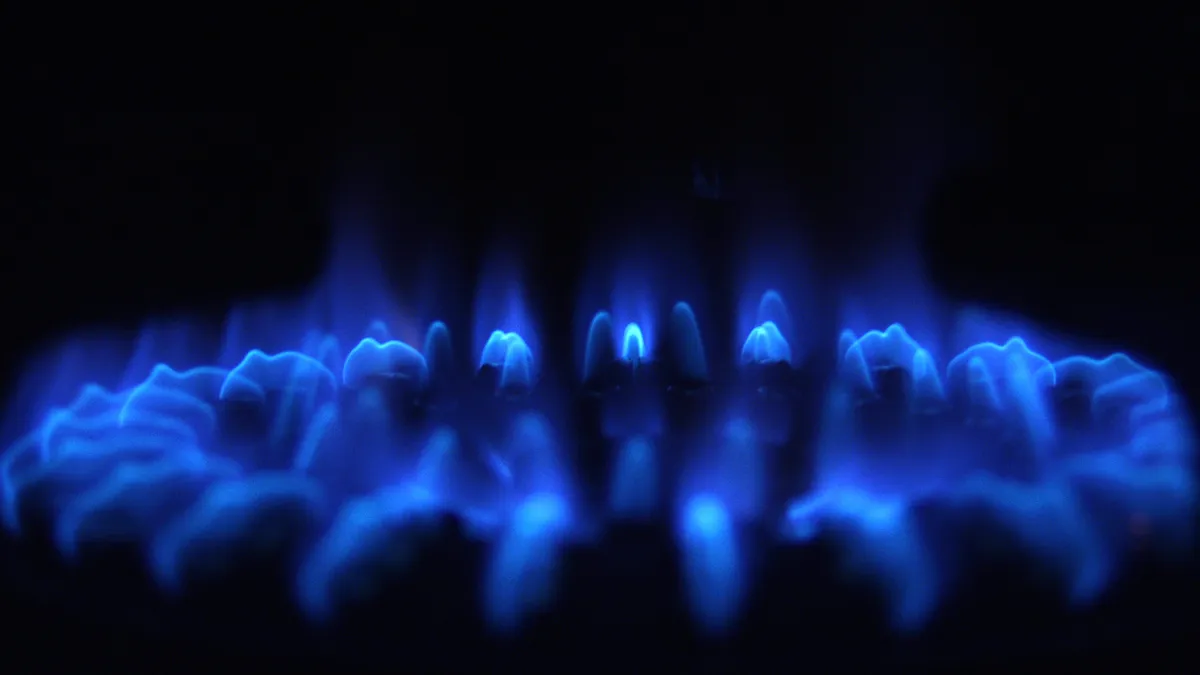Gas bans popped up in headlines nationwide throughout 2023. Sometimes the news captured advances, such as when another jurisdiction mandated that new construction be built all-electric. Other news was of opposition, including lawsuits filed by gas and construction groups to block such rules.
These legal challenges primarily center around a single question, said Amy Turner, director of the Cities Climate Law Initiative at Columbia University’s Sabin Center for Climate Change Law: How much does the federal Energy Policy and Conservation Act preempt local and state building electrification rules?
The answer is pivotal for the dozens of cities and few states that have restricted gas hookups in new construction to help reduce greenhouse gas emissions — and for the jurisdictions still hoping to pass such rules.
Even if EPCA-focused litigation doesn’t ultimately succeed in blocking gas bans, Turner said she doesn’t foresee well-funded gas industry players halting their pushback against them. “I would expect them to take up a different line of argument,” she said. “This is existential for them.”
Here’s a play-by-play of 2023’s biggest news about gas bans and related litigation. Cities and states across the country will undoubtedly be watching for what happens next as they chart their decarbonization path forward.
Gas bans and legal challenges in 2023
-
April 17A federal appeals court overturns Berkeley, California’s first-in-the-nation ordinance banning gas in new construction, agreeing with the California Restaurant Association that the city bypassed federal energy regulations.
-
May 2New York becomes the first state to pass a law banning gas in most new buildings through provisions in its fiscal year 2024 budget. Not included in the law is the option for cities and counties to override the ban, which some climate activists worried about before the law’s passage.
-
May 22In Washington state, a coalition including gas and building groups files a lawsuit in federal district court to block state building codes adopted in 2022 that require heat pumps in new residential and commercial construction, arguing that the codes violate the federal Energy Policy and Conservation Act.
-
May 24Washington state building code officials vote to delay the heat pump rules for 120 days after their original effective date of July 1, 2023, and begin revising the building codes to reduce the risk of their being overturned.
-
May 31Berkeley files a petition for the Ninth Circuit Court of Appeals to rehear the case regarding its gas ban. The city argues that the court misinterpreted the federal law the city was accused of violating. Less than two weeks later, the U.S. files an amicus brief in support of Berkeley’s request.
-
July 10Eugene, Oregon, reverses its ban on natural gas hookups in new, low-rise residential construction. Local opponents, largely funded by the state’s largest gas utility, had gathered enough signatures for a citywide vote on the ban, and city officials said they were concerned about legal threats arising from the Berkeley decision.
-
Aug. 3Gas and building groups drop their lawsuit to block new Washington state building codes requiring heat pumps in new construction, citing state officials’ work to modify the rules. A federal judge in July had denied the industry groups’ request to vacate the codes.
-
Sept. 8Twenty-six local government leaders in California send a letter to Gov. Gavin Newsom urging him to pursue statewide standards that would require new buildings to be all-electric. The letter says Newsom must step in with a “unified state standard,” otherwise “many municipalities will be forced to backtrack on progress cutting emissions from buildings, due to insufficient resources to fight frivolous and opportunistic lawsuits."
-
Oct. 12Gas and construction trade groups sue to block New York state’s recently passed gas ban, arguing it violates EPCA.
-
Nov. 28The Washington State Building Code Council approves revised codes that incentivize builders to choose electric heat pumps but erases language mandating heat pumps for heating water and rooms in homes.
Is the timeline missing anything? To suggest additions, contact [email protected]















